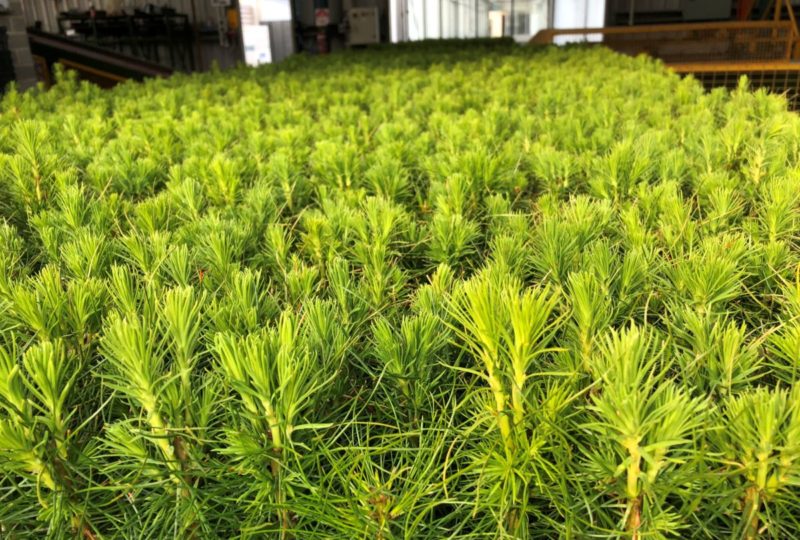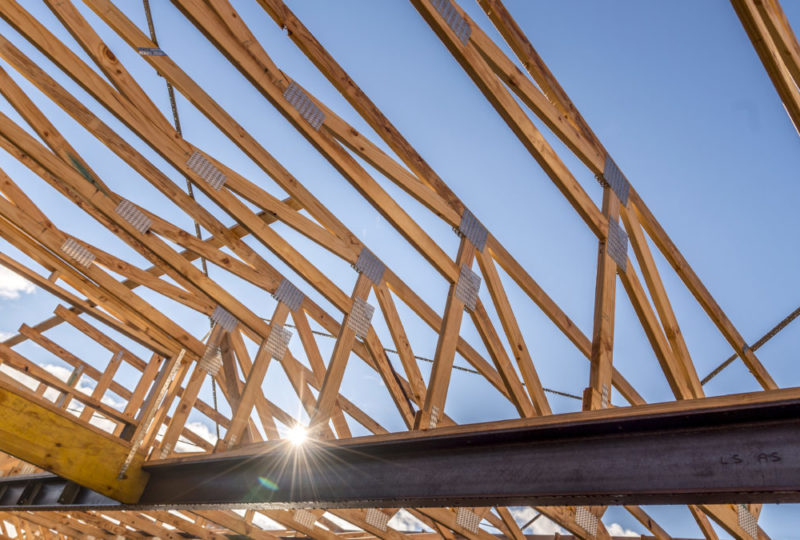Topic: Solutions
Tasmanian forestry plays an essential role in addressing climate change
We must work together to ensure that real, lasting action is taken towards mitigating the effects of global climate change, writes Nick Steel.
We are at a critical time in history and long-term critics of forestry, need to lay down their arms, remove the emotive language and stop the misinformation so we can ALL get real about applying best practice and as per all the science, use forests to reduce greenhouse gas emissions.
Forestry continues to transform. That is a fact; we are an industry full of scientists, researchers and professionals striving to make ongoing improvements to forestry’s environmental protection, methodologies, systems and processes for decades, and we are not done improving yet, it is always an ongoing process for any responsible industry.
What we know, and what has been talked about in Glasgow, is that there is significant potential for managed forests to contribute to a more sustainable future and to address climate change.
It is important to understand that when global leaders talk about the negative effect of deforestation and poor forestry practices needing to be urgently addressed, they are not talking about Tasmania – seriously, they are not!
Tasmanian forestry is world-leading and the word “deforestation” does not even apply to Tasmania. We don’t do it! It is that simple, yet it gets yelled from the rooftops with much finger pointing and waving for cheap political point scoring.
So, let’s all calm down and get serious because here is what we need to do:
- Accept the viewpoint of the Intergovernmental Panel on Climate Change (IPCC) that the sustainable management of forests, including a mixed strategy of conservation and timber production, is more optimal for carbon reduction.
- Recognise that storing carbon in wood products and supplying society with low emission products for construction and fibre benefits the environment.
- Understand that using wood not only stores carbon but dramatically reduces fossil fuel emissions, as it means less production of high-emitting metal, concrete and plastic alternatives.
- Agree that local production of timber products, under strict forest practice regulations, will always be a lower carbon solution than importing timber from overseas.
- Reject the simplistic argument that the cessation of native timber harvesting is a silver bullet and some kind of strategy for carbon emissions mitigation when a mixed approach of plantation soft and hard woods, native hardwoods and specialty timbers is the responsible approach to supply society’s needs.
- Realise that the majority of Tasmania’s native forests are already in reserves and that only 14 in every 10,000 native trees is harvested annually, which are then regenerated, and that this is a world-leading balance of protection and production of forests.
Australians love wood and overwhelmingly we know the responsible production of wood products benefits the environment. So, given Australia’s high per capita consumption of wood and our substantial level of imported wood products, we know that ceasing local production will cause a negative flow-on impact on forests elsewhere.
The fact is the withdrawal of more Australian native forests from management will simply increase greenhouse gas emissions through more intensive harvesting done elsewhere, and from the increased transportation of these imports, which burns fossil fuels unnecessarily.
It can and should be done here. In Tasmania we grow trees! We plant 11 million new trees every year and we want to plant more which is why we work with private landowners to encourage the establishment of even more forest estates to complement our existing 300,000ha of private plantations.
Tasmanian forestry is working hard and listening, and we want to continue to play a pivotal role in stopping climate change.
Do we have shortcomings? Of course, but the exaggeration, inflamed language and misrepresentation of Tasmanian forestry needs to stop so we can work together, continue to improve, innovate and lead the way toward more climate solutions.
With some co-operation and some common sense we can all be united and turn our attention to real climate action. We have a lot to offer.
But we must work together and harness the local resources and opportunities that we have before us.
Nick Steel is CEO of the Tasmanian Forest Products Association



